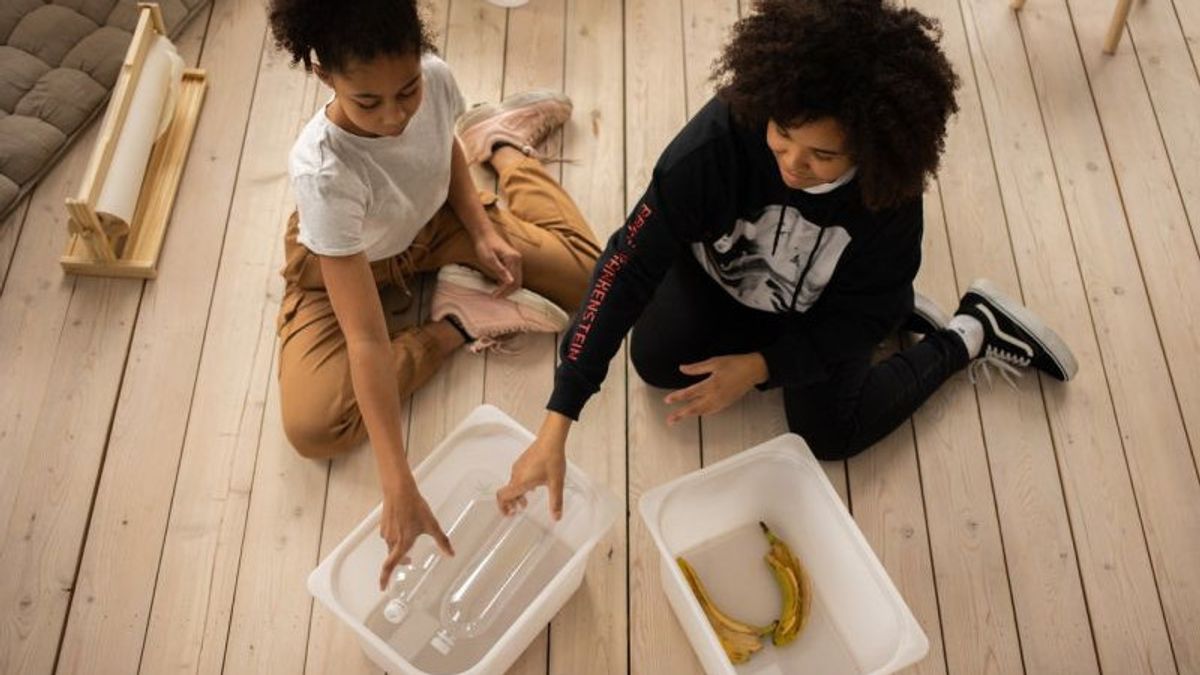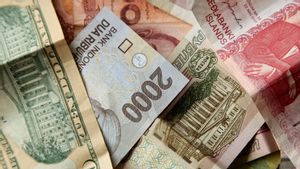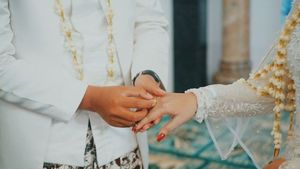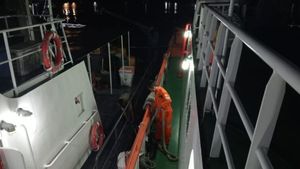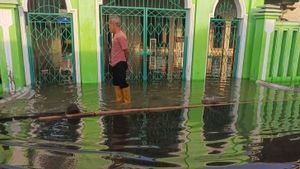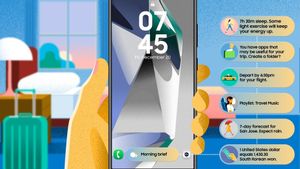JAKARTA - Raising awareness of plastic waste control from an early age is an important thing to do, because awareness is not something that grows by itself but requires introduction and habituation, said Psychologist & Co-founder of TigaGenerasi Psychology House, Saskhya Aulia Prima M.Psi.
Teaching good habits to children tends to be easier than adults, because the period of growth and development is the best time to stimulate children to various knowledge.
"By growing environmental awareness from an early age, it will certainly increase the opportunity to create a more environmentally friendly lifestyle when growing up," said Saskhya as quoted from ANTARA at a webinar on Friday, November 19.
Saskhya also added that basically children tend to learn new things by following the habits they often see. "Parents can provide understanding or knowledge through various media, such as videos, story books, and age-appropriate practical explanations that help them to better understand the importance of using plastic wisely," said Saskhya.
In an effort to raise environmental awareness to wisely manage plastic waste from an early age, Mondelez Indonesia presents the #BijakPlastikSejakDini initiative to inspire children to wisely manage plastic waste from an early age, such as habits to reduce, reuse, and recycle plastic waste.
The Central Statistics Agency (BPS) report in the 2018 environmental indifference index states that there are still 72 percent of people who don't care about waste.
Khrisma Fitriasari, Head of Corporate & Government Affairs at Mondelez Indonesia, explained that the presence of this initiative is part of the company's commitment to plastic waste control, as well as a tangible manifestation of #MondelezUntukIndonesia's contribution.
"Through the #BijakPlastikSejakDini initiative, Mondelez Indonesia wants to provide education regarding the economic value of plastic waste and its use as useful goods. Mondelez Indonesia hopes that this initiative can be followed by students, parents and the school community so that together they are wise in managing plastic waste to create a better future. sustainable future," said Khrisma.
As an initial stage, this activity was carried out by presenting Waste Banks in two elementary schools, namely SDN Duren Tiga 13 and 14 in South Jakarta by involving the participation of all school components, from students, teachers, parents to the participation of Mondelez Indonesia employees. Since starting in February 2021, the waste bank has collected more than 2 tons of plastic waste, which is then recycled into various furniture for schools.
Mondelez Indonesia cooperates with Kertabumi Recycling Center as a partner in the implementation of this activity, starting from the planning stage, collection, to processing waste into useful products for schools.
Ikbal Alexander as Founder of Kertabumi Recycling Center explained that the plastic waste control system with the Waste Bank approach is one of the easiest ways to be accepted by the community, especially to increase early childhood participation.
"Through the Waste Bank approach, waste control is implemented in the form of mutually beneficial cooperation, which can provide socio-economic benefits, and ultimately reduce waste accumulation," said Ikbal.
The series of activities from the #BijakPlastikSejakDini initiative are divided into three major groups, namely building understanding, consistently providing support, and appreciating achievements. The process of building understanding is carried out through various workshops attended by all school components.
Communication is also carried out in stages to parents and students, so that the process of collecting, weighing, and processing plastic waste can run. In addition, students were also given passbooks from the waste bank as additional motivation to be more active in sorting waste.
Finally, appreciation is given in the form of the results of the plastic waste recycling process that can be used directly by students, such as bookcases, tables, benches, as well as renovation of the canteen, library and reading garden.
The English, Chinese, Japanese, Arabic, and French versions are automatically generated by the AI. So there may still be inaccuracies in translating, please always see Indonesian as our main language. (system supported by DigitalSiber.id)
